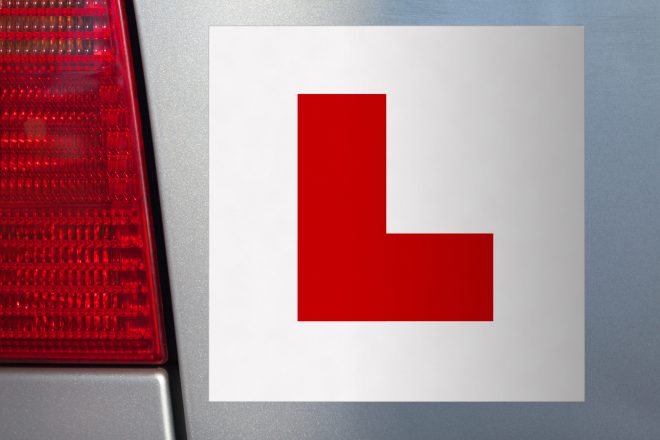
If you are referred to a consultant for surgery in the NHS, can you insist that the consultant him or herself carries out the surgery rather than a more junior member of his / her team?
This issue came up recently in a new clinical negligence claim we are investigating. Prior to the surgery being carried out, the client had asked the consultant if it was him who would be carrying out the surgery – to which he replied ‘yes’. Later on, however, the client found out that it was the registrar in his team who had carried out the surgery, with the consultant present but not operating. The client claimed this was negligent, saying that it was equivalent to the standard being that of a ‘learner driver’ rather than a ‘fully qualified driver’ which was not acceptable.
So what is the legal position? Do you have to accept a lower standard of surgery if it is carried out by a resident (formerly junior) doctor?
Staying initially with the learner driver example, in Nettleship v Weston [1971] the Court of Appeal held that a learner driver is held to the same standard of care as any other qualified driver. A learner driver therefore has the same duty of care to the public as a qualified driver.
In relation to the medical profession, this issue was considered by the Court in Wilsher v Essex Area Health Authority [1988]. In this case an infant born prematurely was given oxygen by a junior doctor who gave an overdose. The infant was later diagnosed with a retinal condition that severely impaired his vision. There were, however, five possible causes for the retinal condition of which the excess oxygen was only one. In addition to this issue of causation, however, was whether a junior doctor should be held to the same professional standard as a ‘fully qualified’ or senior / consultant.
The standard of care in medical practice is that of a responsible body of similar healthcare professionals (Bolam [1957]). The fact that a doctor has only been in a particular role for a short time does not mean that the standard of care is lowered. They are held to the same standard of care for that role. The hospital or NHS Trust is liable for making sure that doctors are competent for the role that they carry out.
The NHS Constitution does not guarantee that a patient receives treatment from a specific doctor or consultant. Instead it states:
‘You have the right to be treated with a professional standard of care, by appropriately qualified and experienced staff, in a properly approved or registered organisation that meets required levels of safety and quality’.
So, to return to the registrar carrying out the surgery who is not a consultant. You can request but cannot insist that the surgeon him or herself should be a consultant. The NHS is a training institution with responsibility to train the next generation of consultants. The standard of surgery carried out, however, should be the same standard which is that of a responsible and competent surgeon whether they are a resident doctor or consultant.
